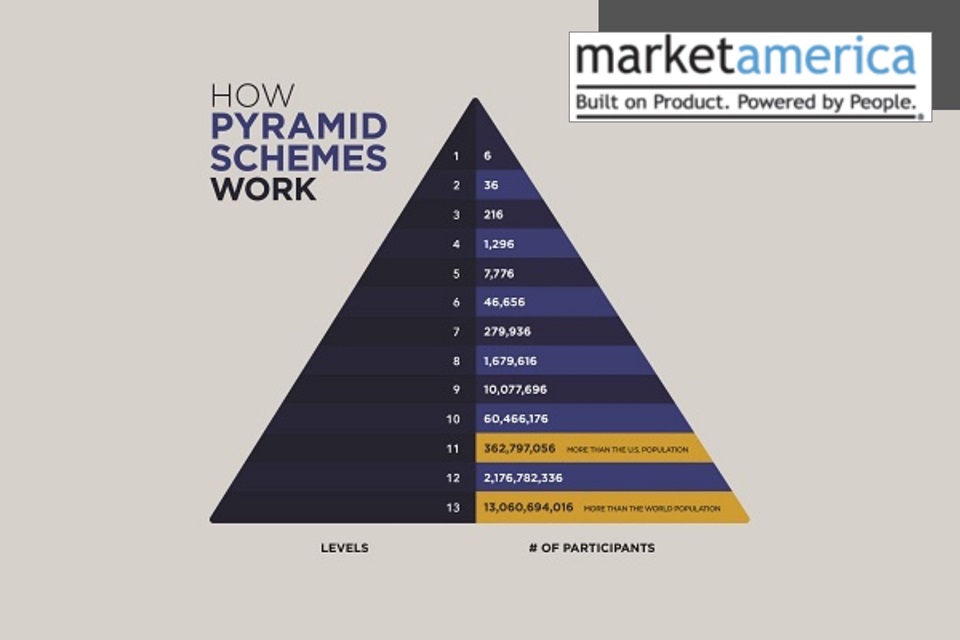Market America is a prominent player in the multi-level marketing (MLM) sector, operating under a business model that has garnered both interest and skepticism. Founded in 1992 by JR Ridinger and his wife Loren Ridinger, the company offers a range of products, including health and wellness, beauty, and household items, primarily sold through independent distributors known as “unfranchise owners.” While Market America touts its model as a unique business opportunity, critics often label it as a Market America pyramid scheme, raising questions about its ethical implications and sustainability. This article aims to dissect the structure of Market America, its business practices, and the ongoing debate surrounding its classification as a pyramid scheme.
What Is Market America?
Market America positions itself as a product brokerage and internet marketing company, emphasizing a unique “UnFranchise” business model. Distributors, or unfranchise owners, are encouraged to create their own storefronts online and market products directly to consumers. The company claims to provide an opportunity for individuals to earn income through retail sales and commissions based on recruitment.
Market America’s approach combines elements of direct selling and e-commerce, enabling unfranchise owners to sell products from various brands while also benefiting from the recruitment of new members. This dual-income stream model appeals to many individuals seeking financial independence, particularly in a gig economy.
Structure Of Market America
At its core, Market America operates on a multi-tiered compensation plan that incentivizes both sales and recruitment. Here’s how it generally works:
- Product Sales: Unfranchise owners earn commissions from products sold directly to consumers through their online storefronts. They purchase products at wholesale prices and sell them at retail prices, pocketing the difference.
- Recruitment: Unfranchise owners are encouraged to recruit new members into the business. They receive commissions based on the sales generated by their recruits, creating a downline. This structure allows for exponential growth in potential earnings, where one individual’s success is tied to the recruitment and performance of others.
- Bonuses and Incentives: Market America offers various bonuses for achieving sales milestones, building downlines, and other performance metrics. These incentives can create pressure on unfranchise owners to recruit more members, reinforcing the recruitment-driven aspect of the business model.
Market America Pyramid Scheme Controversy
The classification of Market America as a pyramid scheme arises from several key factors that align it with characteristics typically associated with such schemes:
- Focus on Recruitment: Critics argue that Market America places a disproportionate emphasis on recruitment rather than actual product sales. Many unfranchise owners find it challenging to sell products independently, leading them to focus on recruiting new members as the primary means of generating income.
- High Startup Costs: Joining Market America requires an initial investment to purchase products and training materials. This upfront cost can be a barrier for many, and those who do not succeed in recruiting others may struggle to recoup their investment.
- Income Disparity: Reports indicate that a significant percentage of unfranchise owners earn little to no income, while a small fraction generates substantial earnings. This income disparity raises concerns about the viability of the business model, as it suggests that only a select few are benefiting from the system.
- Legal Scrutiny: Market America has faced legal challenges and scrutiny over its business practices. While it has not been formally classified as a pyramid scheme by regulatory bodies, the concerns surrounding its structure and operations have led to investigations and discussions about its legitimacy.
Broader Implications Of MLMs
Market America’s practices mirror those of many MLM companies, raising broader questions about the ethics and sustainability of the MLM model. Critics argue that the recruitment-centric approach can lead to financial losses for many individuals, particularly those at the bottom of the pyramid who invest time and money without seeing a return.
Additionally, the MLM structure can perpetuate unrealistic expectations about income potential. Many individuals are drawn to the idea of financial independence and flexible working hours, but the reality often falls short, with a significant number of participants failing to achieve their goals.
Perspective Of Supporters
Despite the controversies surrounding the Market America pyramid scheme classification, supporters of Market America argue that the company provides legitimate business opportunities for those willing to put in the effort. They contend that the potential for financial success exists for motivated individuals who are willing to sell products and recruit new members effectively.
Proponents also highlight the quality of the products offered through Market America and the community aspect of being part of the unfranchise network. Many unfranchise owners emphasize the friendships and support they receive from fellow members, creating a sense of belonging that extends beyond mere financial gain.
Conclusion
The debate surrounding Market America and its classification as a pyramid scheme reflects the complexities of the MLM industry as a whole. While the company offers an opportunity for entrepreneurship, its emphasis on recruitment and the associated risks raise valid concerns about its sustainability and ethical implications.
Individuals considering joining Market America should conduct thorough research and critically evaluate the potential risks and rewards. Understanding the nuances of the MLM model, coupled with awareness of the challenges faced by many participants, is essential for making informed decisions in the realm of direct selling and entrepreneurship.
Ultimately, the journey within Market America—and similar MLMs—requires careful consideration of personal goals, values, and the realities of the business landscape. While some may find success, many others may discover that the path is fraught with challenges, and the promise of financial independence remains elusive.
FAQs
What is Market America?
Market America is a multi-level marketing company that offers a range of products through independent distributors known as “unfranchise owners.”
Is Market America a pyramid scheme?
While Market America has faced controversy and scrutiny over its business model, it has not been formally classified as a pyramid scheme by regulatory bodies. However, critics argue that its focus on recruitment over product sales raises ethical concerns.
What should I consider before joining Market America?
It’s crucial to conduct thorough research on the company, understand the potential risks and rewards, and be aware of the challenges faced by many participants in the MLM industry.










